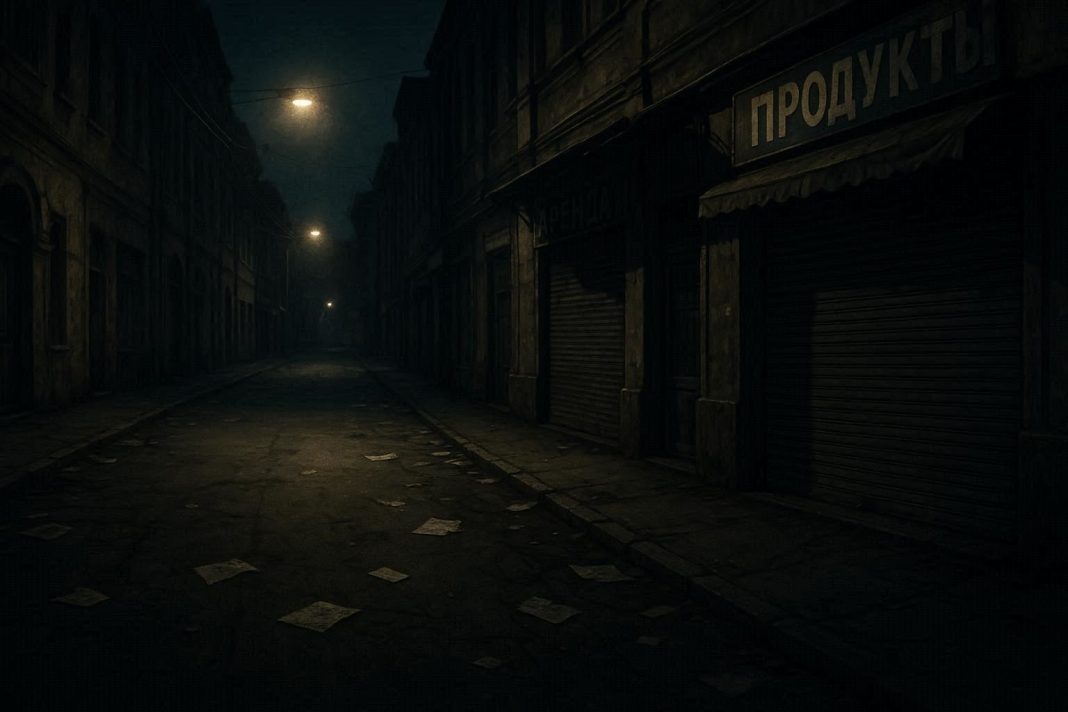Ukraine’s Security Service (SBU) has uncovered a shocking case involving a Russian agent operating from the European Union, who was recruiting teenagers to carry out terrorist attacks in Ukraine. On October 6, the SBU reported that counterintelligence officers had detained a minor working under the orders of Russian intelligence.
Russian Agent Caught in EU Plotting Terror Attacks
The suspect, a 16-year-old native of Kharkiv, left Ukraine in the autumn of 2024 and traveled to the EU. While abroad, he searched for under-the-table jobs through Telegram channels, a popular messaging platform known for secretive communications. His online activity soon caught the attention of Russian special services, who recruited him as a Russian agent to identify and connect potential perpetrators of terrorist attacks in Ukraine.
According to the SBU, most of the teenagers approached by the minor were motivated by “easy money.” The Russian agent linked these teenagers directly with Russian handlers, who then provided instructions for carrying out planned attacks. Ukrainian authorities intercepted the suspect when he returned to the country, and Polish authorities deported him before Ukrainian forces detained him at the western border.
From Newsroom to Spy: Czech Republic Exposes Russian Agent Natalia Sudliankova in Spy Purge
Teenagers Recruited by Russian Agent for Bombing Operations
Further investigations revealed that the 16-year-old Russian agent had successfully recruited two 15-year-old teenagers from Kharkiv. These teens went on to carry out bombings near local police stations. One of the teenagers, a girl, retrieved a homemade explosive device from a hidden cache. Meanwhile, a boy assembled a second device, packing it with metal bolts to increase its destructive potential.
The 16-year-old planted both explosives in the Slobidskyi and Kholodnohirskyi districts of Kharkiv in December 2024. However, Ukrainian authorities acted quickly. Russian operatives remotely detonated the bombs, but law enforcement caught the teenagers in the act, preventing potential civilian casualties and further damage.
In an Alarming Spy Plot 3 Bulgarian Agents Related to Russian Espionage Operation Exposed in UK
The investigation also uncovered that the minor Russian agent had recruited a 21-year-old acquaintance from the frontline city of Kostiantynivka for another attack. Earlier this year, she traveled to the Odesa region, rented an apartment, and prepared an explosive device using plastic explosives. She planted the device near a local military enlistment office. Law enforcement officers arrested her before she could execute the attack.
Legal Action and Previous Russian Infiltration Cases
Based on the evidence collected, the SBU has charged the 16-year-old Russian agent under Part 5 of Article 27 and Part 2 of Article 258 of Ukraine’s Criminal Code. These charges concern aiding and abetting terrorist acts carried out by a group of individuals.
The suspect is currently in custody and could face up to 12 years in prison, with the additional penalty of property confiscation. The SBU emphasized that such cases underline the continuing threat posed by Russian agents targeting Ukrainian citizens, including vulnerable minors.
This case follows other instances of Russian infiltration within Ukraine. Earlier, the SBU exposed an infiltrator within the Defense Forces who aimed to facilitate a Russian breakthrough in the Kharkiv region. In that case, military counterintelligence detained a 26-year-old serviceman who had been recruited through Telegram promises of “easy money.” The serviceman had agreed to cooperate with Russian intelligence to pay off gambling debts.
Britain Cracks Down on Russian Influence with Harsh Foreign Agent Rules
The SBU’s findings highlight the diverse methods used by Russian agents to recruit individuals for espionage and terrorism. Minors and young adults have been targeted because of their vulnerability and willingness to accept quick financial incentives. By recruiting teenagers and young adults, Russian agents attempt to carry out attacks while maintaining indirect control, minimizing exposure for their operatives.
Authorities continue to stress the importance of vigilance against such recruitment tactics. The SBU’s counterintelligence units are actively monitoring online platforms, including social media and messaging apps, to identify and prevent future attempts by Russian agents to recruit Ukrainian citizens for terrorist activities.

